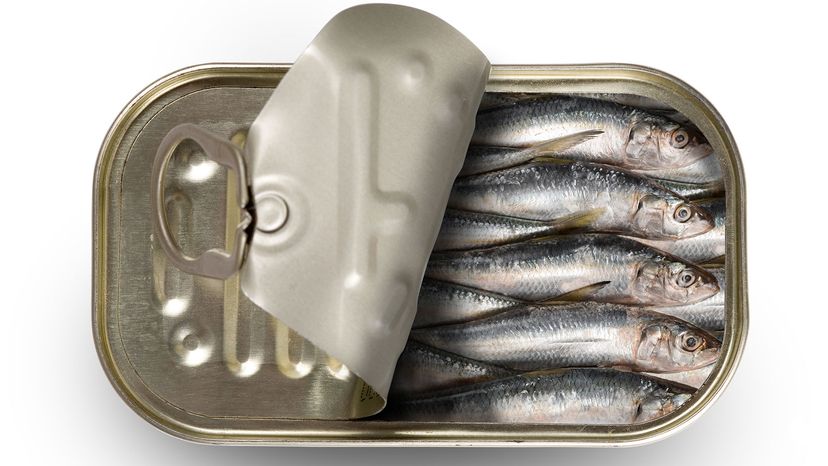
Since the beginning of the pandemic in 2020, the underloved sardine has increasingly joined other canned fish, such as tuna, salmon and mackeral, on pantry shelves, enjoying a resurgence in popularity as people have rediscovered the versatility, shelf-life and sheer deliciousness of the diminutive silver fish. And now that restaurants have largely reopened, sardines are making an appearance on more and more menus and catching the attention of chefs worldwide.
Sardines are small, nutrient-dense fish that can be purchased fresh or from the canned section of the grocery store. Although salmon and tuna take the limelight when it comes to canned fish, sardines are worth considering for their flavor and health benefits. Plus, you don't have to be concerned about high levels of mercury because sardines eat plankton, not other fish, so mercury isn't a concern.
Advertisement
There are a lot of ways to prepare and eat sardines, making them easy to incorporate into your diet. "Sardines are often enjoyed as an appetizer or snack or as a salad topper or dip, but they can just as easily be served as part of the main course," says Emma Laing, Ph.D., registered dietitian nutritionist (RDN) and Director of dietetics at the University of Georgia. "Presented on toast or crackers or in pasta or fish cakes, sardines can be melded with a variety of tasty ingredients."



